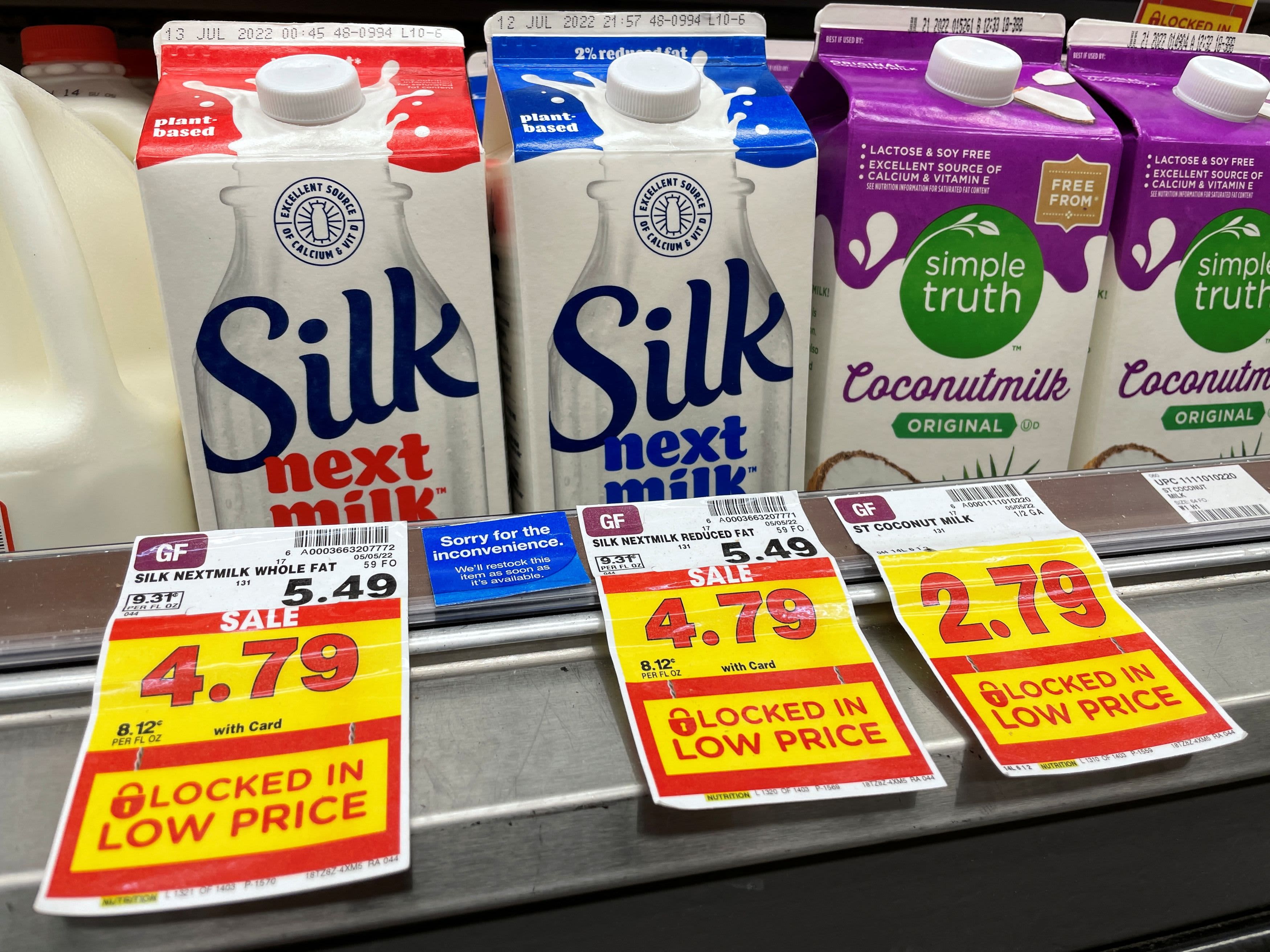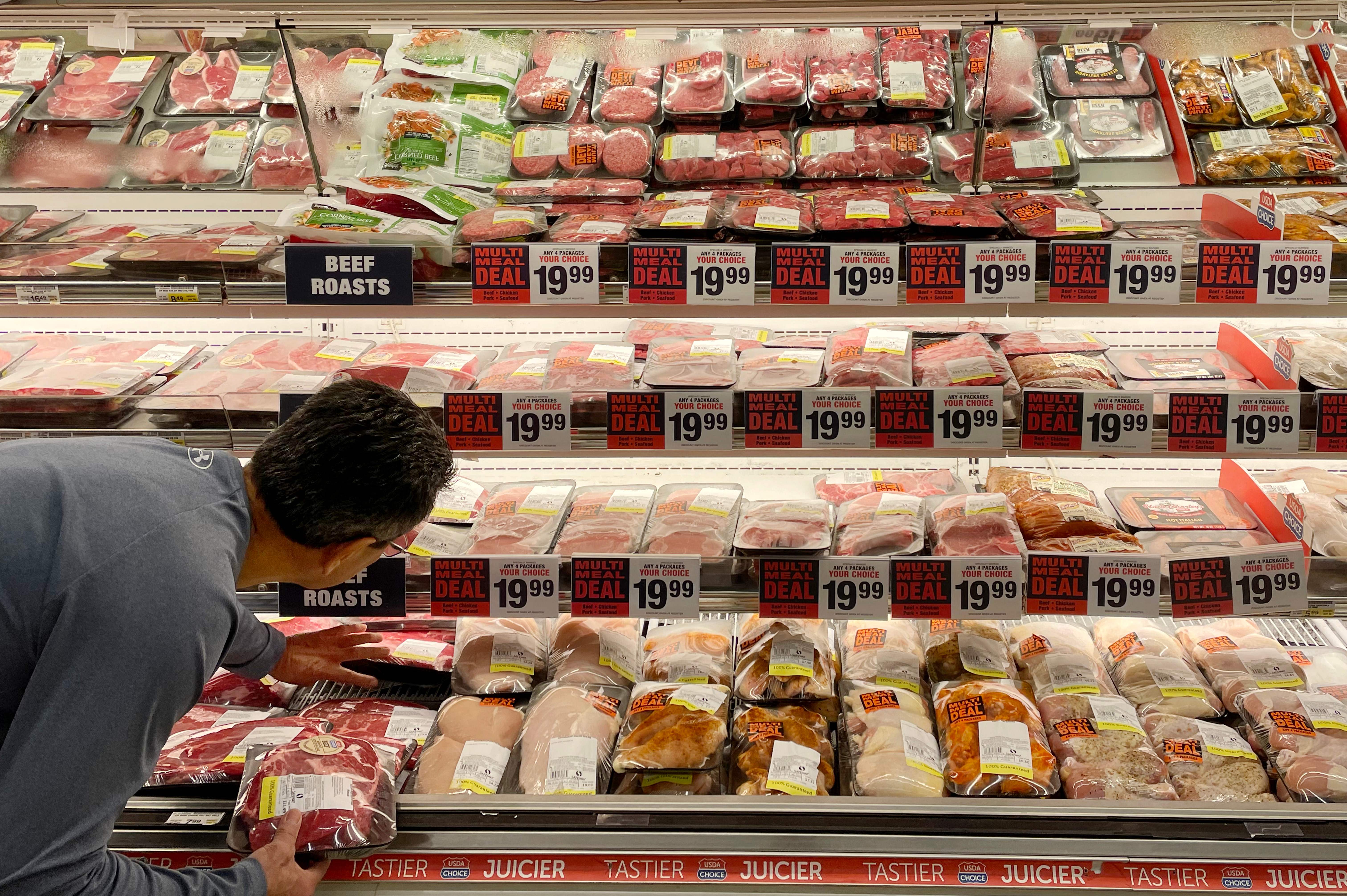Indiana’s governor is proposing a plan to send $225 in payments to Hoosier taxpayers to provide them with relief amid the worst inflation in 40 years by tapping into the state’s growing budget surplus.
Gov. Eric Holcomb said Thursday he would call for a special legislative session before the end of June so legislators could take action on his proposal, which would provide the payments under Indiana’s automatic taxpayer refund law.
Hoosier taxpayers began receiving $125 payments last month under that law.
If lawmakers approve his new plan, Holcomb said each eligible Indiana resident would receive a combined total of about $350 in payments, with a married couple filing jointly receiving about $700.
Feeling out of the loop? We'll catch you up on the Chicago news you need to know. Sign up for the weekly Chicago Catch-Up newsletter here.
According to CNBC, inflation is "prompting people to shift their shopping habits, especially at the grocery store," noting a recent survey found consumers are cutting out meat and forgoing their favorite brands.
And that's not the only thing that's changing.
From toilet paper to yogurt and coffee to corn chips, manufacturers are quietly shrinking package sizes without lowering prices. It’s dubbed "shrinkflation," and it’s accelerating worldwide.
In the U.S., a small box of Kleenex now has 60 tissues; a few months ago, it had 65. Chobani Flips yogurts have shrunk from 5.3 ounces to 4.5 ounces. In the U.K., Nestle slimmed down its Nescafe Azera Americano coffee tins from 100 grams to 90 grams. In India, a bar of Vim dish soap has shrunk from 155 grams to 135 grams.
Inflation is causing Americans at the low end of the income rung to once again struggle to make ends meet.
A confluence of factors — the expiration of federal stimulus checks and surging inflation on staples like gas and food — are driving an even bigger wedge between the haves and have-nots.
While wealthier shoppers continue to splurge, low-income shoppers have pulled back faster than expected in the past two months. They're focusing on necessities while turning to cheaper items or less expensive stores. And they're buying only a little at a time.
It's a reversal from a year or so ago when low-income shoppers, flush with money from the government and buoyed by wage increases, were able to spend more freely.



